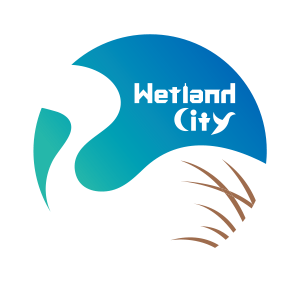
Cape Town
Home > Cape Town
The City of Cape Town is exceptionally rich in species and is recognised as one of the most biodiverse cities in the world. Approximately 15% (over 3250 species) of South Africa’s flowering plants occur in Cape Town. This is a remarkable figure considering that the city covers 0.2% of the country’s surface area. Cape Town has a significant number of rare and threatened wetlands, which support numerous endemic flora and fauna species. Notably, Cape Town is home to four frog species that are found nowhere else in the world (all four are frogs associated with wetlands / rivers). This is extremely significant for a municipality to have four endemic vertebrates.
This special biodiversity and its associated wetland habitats are critically important for the range of ecosystem services that they deliver. Cape Town is vulnerable to periodic droughts, especially in the face of global climate change. As such, well-managed catchments are being recognised as critically important. These include the mountain catchment areas (rivers, streams, dams and aquifers) and the lowland reserves (aquifers). Conservation of our precious natural resources is a critical part of a sustainable and resilient city that is adapted to climate change. Environmental sustainability is an essential component of ensuring healthy social and economic growth in Cape Town. The City is committed to adopting and implementing the principles and approaches needed to reach this goal.
The universal challenges applicable to urban waterways are significant. This is very true in the City but we are committed to finding long-term solutions and this is evident by the Mayoral Priority Programme focus on water quality improvement of our rivers and wetlands. There are also other existing programmes in the City, including the Liveable Urban Waterways programme and a vibrant Coastal Management programme. The establishment of a Ramsar Wetland City Steering Committee to direct activities and contribute to actions, involves various stakeholders to maximize the reach and effectiveness of the initiatives undertaken. This committee consists of representatives from national, provincial and local government, as well as NGO’s and specialists.
The Ramsar Wetland City steering committee recognised a major gap in the focus on biodiversity rich wetlands, especially those that are seasonal and relatively pristine. This will be one of the major focuses of the Ramsar Wetland City work in Cape Town.